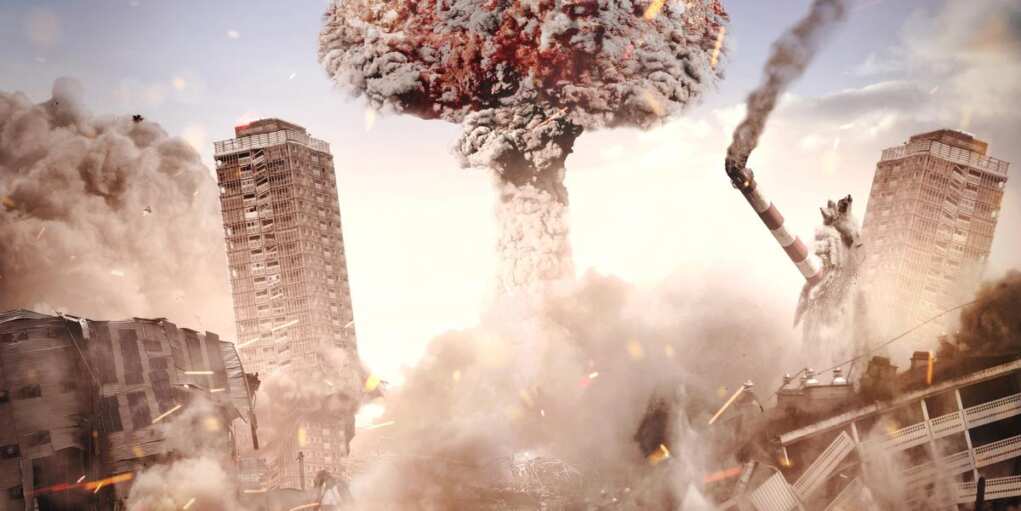Nuclear War Risk SKYROCKETS—Ukraine Hits Russian Nuclear Assets

President Donald Trump’s top envoy to the Ukraine conflict is warning that the risk of war spiraling out of control is “going way up” following Ukraine’s brazen attack on Russian nuclear infrastructure — an operation allegedly launched without U.S. authorization.
General Keith Kellogg, Trump’s special envoy, told Fox News that Ukraine’s drone strike on Russian airbases — which reportedly disabled a third of Moscow’s strategic bombers — has dangerously raised the stakes. “When you attack an opponent’s national survival system, which is their triad, the nuclear triad, that means your risk level goes up,” Kellogg explained. “You’re not sure what the other side is going to do.”
Russia’s nuclear triad — a three-pronged military structure comprised of land-based missiles, submarines, and bombers — is designed to deter existential threats. Ukraine’s direct hit on this system is being viewed as one of the most provocative acts since the start of the war.
The U.S. government is claiming it had no prior knowledge of the strike. But serious doubts are mounting, given the CIA’s longstanding integration with Ukraine’s SBU intelligence agency — the same group responsible for the attack.
Journalist Michael Tracey laid out the troubling possibilities: Either U.S. intelligence was entirely out of the loop on a major operation with global ramifications — or it knew and deliberately kept Trump in the dark. “If elements of the U.S. military or intel apparatus knew and purposely kept it from Trump, then Trump is suffering from the same sabotage problems we saw in his first term,” Tracey said. “Or, it’s possible they all knew and are just denying it to preserve political cover.”
That political cover may already be unraveling. Independent analysts like Brian Berletic have reminded Americans that the New York Times already admitted the CIA runs operations in Ukraine. Drone attacks on Russian infrastructure — including nuclear assets and civilian trains — have become routine.
Trump himself addressed the issue in a phone call with Russian President Vladimir Putin on Wednesday. “It was a good conversation,” Trump said, “but not a conversation that will lead to immediate Peace.” According to Trump, Putin warned he would “have to respond” to the attacks — raising fears of retaliatory escalation, if not wider conflict.
The attack is not isolated. Over the past several days, Ukraine has reportedly hit Russian railways, bridges, and civilian sites — all while deepening ties to Western intelligence. Trump’s administration has yet to confirm whether it greenlit any of these strikes. But the ambiguity is fueling speculation that elements of the security state may be operating on autopilot — or worse, rogue.
Kellogg’s warning is clear: “People need to understand that the game has changed. The risk level is up. Way up.”
This comes as Trump’s foreign policy team is under intense scrutiny, especially after his recent shake-up of pro-war and pro-Israel hawks. With U.S. global posture in flux and military commanders now bracing for Russian retaliation, the drone strike may have just triggered a new phase of the war — one that could easily spiral into a full-blown international crisis.
As Trump tries to wrest back control over a foreign policy machine riddled with deep state operatives and old Obama-era holdovers, the big question now is whether he’ll be able to bring this war back from the brink — or whether the machine already made that impossible.
